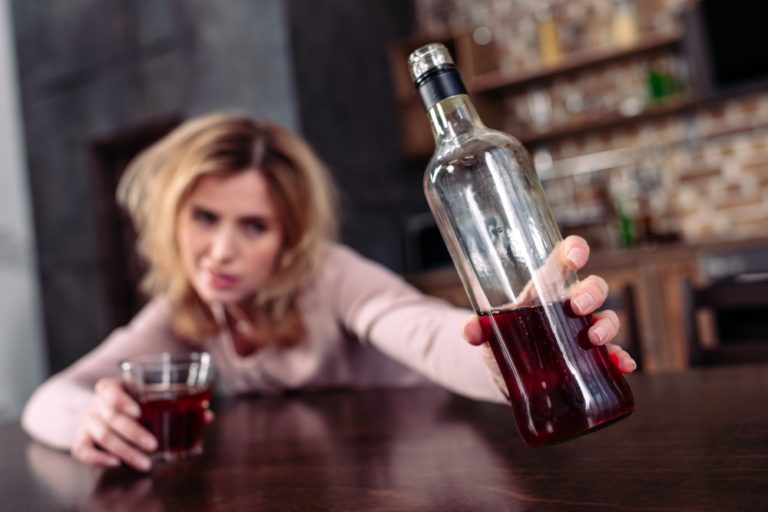Content
Remind yourself that you are in a different place now than you were when you began what to do after a relapse. Though the steps may seem repetitive, you have changed and can benefit in new ways when you take the steps again. Taking action immediately after a relapse is vital to getting back on the road to recovery. Right after relapse, remind yourself why you began recovery treatment in the first place. This will give you the strength and motivation you need to focus on getting back into recovery.
Taking time to look after yourself and do things you enjoy is vital to any recovery journey. One of the first signs of a future relapse is a lack of self-care, and letting people or things get you down to the point where you don’t have time for yourself could have serious consequences on your sobriety. Take time to identify exactly what led you back to drugs or alcohol, so that you can make positive and appropriate adjustments in your recovery process. Our Chicago drug rehab offers different levels of care for substance abuse treatment so everyone struggling with addiction, no matter their disorder, can get better.
Learn New Coping Skills
Learn from your mistakes to make wiser choices next time. Addiction recovery is difficult, and getting back on track after a relapse can be extremely challenging. This makes it easy to blame others or make excuses for using again. Blaming outside circumstances or the people around you isn’t the answer. After a relapse, you should reach out to your sponsor, therapist or your support system. Being honest about your relapse among your peers is the best way to deal with it.
In what stage does relapse occur?
Relapse is a gradual process that begins weeks and sometimes months before an individual picks up a drink or drug. There are three stages to relapse: emotional, mental, and physical. The common denominator of emotional relapse is poor self-care.
Of course, that requires https://ecosoberhouse.com/ing what your triggers are. But life is often unpredictable and it’s not always possible to avoid difficulty. The more ACEs children have, the greater the possibility of poor school performance, unemployment, and high-risk health behaviors including smoking and drug use. Some models of addiction highlight the causative role of early life trauma and emotional pain from it. Some people contend that addiction is actually a misguided attempt to address emotional pain. However, it’s important to recognize that no one gets through life without emotional pain.
What causes relapse?
Or they may believe that they can partake in a controlled way or somehow avoid the negative consequences. Sometimes people relapse because, in their eagerness to leave addiction behind, they cease engaging in measures that contribute to recovery. Relapse is most likely in the first 90 days after embarking on recovery, but in general it typically happens within the first year.

I lapsed in March about a month after my mom passed away not an excuse but definitely a trigger then I lapsed again last week then again this weekend. Everytime I get back into the game I lose everything. I’ve built such a good life with my husband and being clean has been nothing but heaven to me. Now I have a 6 year old girl and just got out of rehab, August 4th. Beat myself up while everyone around me took their shots at me as well.
Relapse Prevention for Lifelong Recovery
The problem like this article states is that the people I’ve turned to in the past have started to lose faith. It just might be a projection of my own loss of faith because sometimes I feel like the battle is futile. On the other hand the thought of remaining an addict sounds miserable. It’s like I can’t stay sober but I don’t want to be an addict anymore. Im still young enough and haven’t made any huge mistakes that will mess up my life long term. I know I have things that I could have going for me if it wasn’t for this addiction, but for some reason I can’t fully get sober.
- The second decision is of vital importance as well—choosing the right alcohol rehab to se …
- You have been sober and drug-free for a long time.
- Unless you remove yourself from that environment, relapses can happen easily.
- It’s important to also explain how your relapse doesn’t mean you’ve failed, and you will be taking further action to prevent relapse from happening again.
Consider relapse to be a natural stage of recovery and don’t let it keep you down. The help of a strong support system such as friends, family, community members and a sponsor is very beneficial after a relapse.

Leave a Reply
Want to join the discussion?Feel free to contribute!